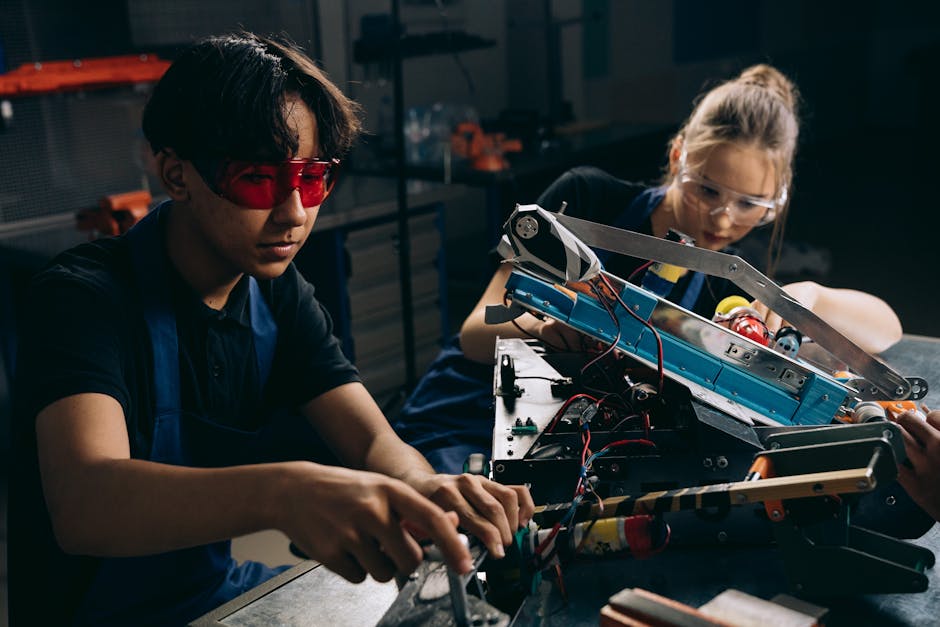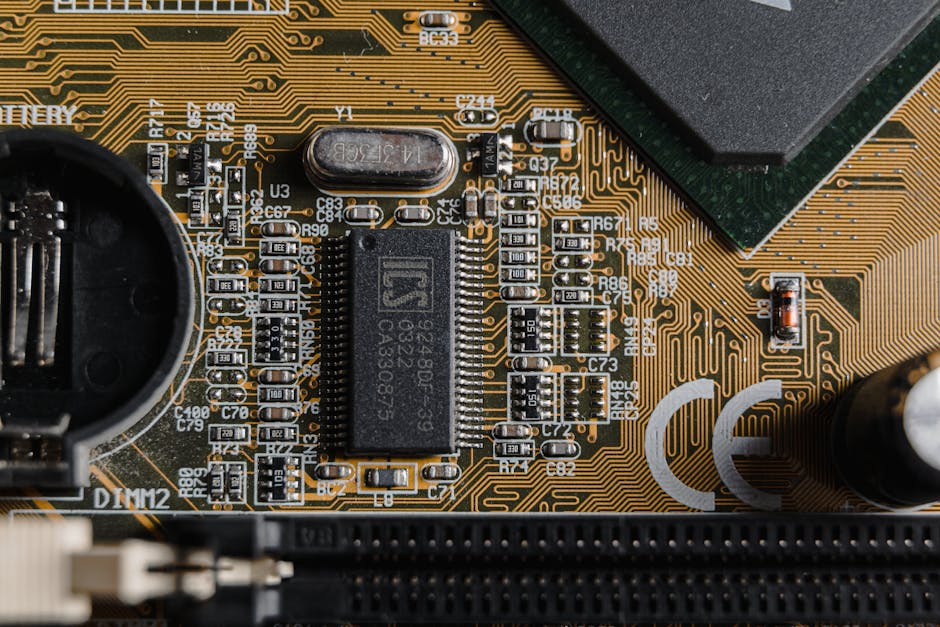The Science of Skill Acquisition Simplified
Have you ever wondered how some people seem to pick up new skills effortlessly? Whether it’s playing an instrument, learning a language, or mastering a sport, skill acquisition is a fascinating process. Lets dive into the science behind it and discover how you can apply these principles to your own skill-building journey.
What Do We Mean by Skill Acquisition?

Skill acquisition is simply the process of learning new abilities. It involves various stages, from the initial introduction to a skill to becoming proficient at it. Think of it like planting a seed. With the right care, that seed can grow into a strong tree. This process can be broken down into easy stages:
- Initial Exposure: Learning the basics.
- Practice: Repeatedly doing something to improve.
- Mastery: Achieving a high level of skill.
Every skill follows this journey. Understanding these stages can help you navigate your learning more effectively.
Why Do Some People Learn Faster?

Have you noticed that some individuals seem to learn new skills faster than others? It often comes down to several factors:
- Practice: The more you practice, the better you get.
- Mindset: A positive attitude can make a big difference.
- Feedback: Understanding what you did wrong helps you improve.
Research shows that deliberate practice, where you focus on specific areas for improvement, is key. According to psychologist Anders Ericsson, it takes about 10,000 hours of practice to become an expert. But don’t let that number scare you! You can start small and build up over time.
What Are the Stages of Skill Acquisition?

Skill acquisition generally follows three stages: cognitive, associative, and autonomous. Lets break those down:
1. Cognitive Stage: Learning the Basics
In this stage, you learn the fundamentals. For example, if you’re learning to play the guitar, you start by understanding how to hold the instrument and play basic chords. This stage is often filled with mistakes, but that’s okay. Mistakes mean you’re learning!
2. Associative Stage: Connecting the Dots
Next, you move to the associative stage. Here, you begin to refine your skills. You practice more complex pieces, like strumming patterns or finger placements. This stage requires consistent practice. You start to notice improvements, and it feels rewarding!
3. Autonomous Stage: Mastery
Finally, you reach the autonomous stage. Your skills become second nature. When playing the guitar, you can combine chords and strumming without thinking about it. At this point, you can focus on expression and creativity.
How Can You Speed Up Skill Acquisition?

Everyone wants to learn quickly. Here are a few strategies to help you speed up your skill acquisition:
- Set Clear Goals: Define what you want to achieve and create a plan.
- Practice Regularly: Short, frequent practice sessions are more effective than long, infrequent ones.
- Seek Feedback: Get constructive criticism from friends, mentors, or coaches.
- Stay Motivated: Remind yourself why you want to learn that skill.
Hearing feedback may feel uncomfortable, but it’s crucial for improvement. Even professional athletes rely on coaches to help them refine their techniques.
What Role Does Mindset Play?
Your mindset can greatly influence your success in skill acquisition. Carol Dweck, a psychologist at Stanford University, identifies two types of mindsets: fixed and growth.
- Fixed Mindset: Believes abilities are static, leading to a fear of failure.
- Growth Mindset: Embraces challenges and views failure as a learning opportunity.
If you adopt a growth mindset, you are more likely to persevere through difficulties and ultimately succeed. When you encounter struggles, remember that it’s all part of the learning journey!
How Important Is Feedback?
Feedback is a powerful tool in skill acquisition. It helps you identify areas of improvement and reinforces what you’re doing well. Heres how to effectively use feedback:
- Ask Specific Questions: Instead of asking, “How did I do?” ask, “What can I improve on?”
- Be Open to Criticism: Accept feedback graciously and use it to grow.
- Use Self-Assessment: Reflect on your own performance to identify strengths and weaknesses.
Research shows that people who effectively seek and use feedback tend to learn faster and achieve better results. The key is to keep a positive attitude towards getting constructive criticism.
What Are Common Misconceptions About Learning Skills?
Many people hold misconceptions about skill acquisition. Here are some common ones:
- Myth: Talent is Everything. While talent helps, consistent practice and effort are more important.
- Myth: You can’t Change Your Skills. With the right mindset and practice, anyone can improve.
- Myth: Learning Is Linear. Skill acquisition is often a winding path with ups and downs.
Understanding these myths can help you approach skill acquisition with a realistic mindset. Remember, everyone learns at their own pace.
How Can You Apply This Science in Your Life?
Now that you know the science behind skill acquisition, how can you put it into practice? Here are some actionable steps:
- Choose a skill you want to learn.
- Set aside dedicated time for practice each week.
- Seek out resources, such as classes or online tutorials.
- Keep track of your progress and celebrate small victories.
By following these steps, you can make your learning journey more enjoyable and effective.
Takeaway: Embrace the Journey of Learning
Skill acquisition is a journey filled with challenges and rewards. By understanding the science behind it, you can accelerate your learning and enjoy the process. Remember to stay positive, practice regularly, and seek feedback. With time and effort, you can master any skill you set your mind to.
So, what skill will you choose to learn next? The world is full of opportunities, and it’s never too late to start!
For more insights on learning and personal development, check out this article on [The Power of Practice](https://www.psychologytoday.com/us/blog/the-joy-connection/201801/the-power-practice).
